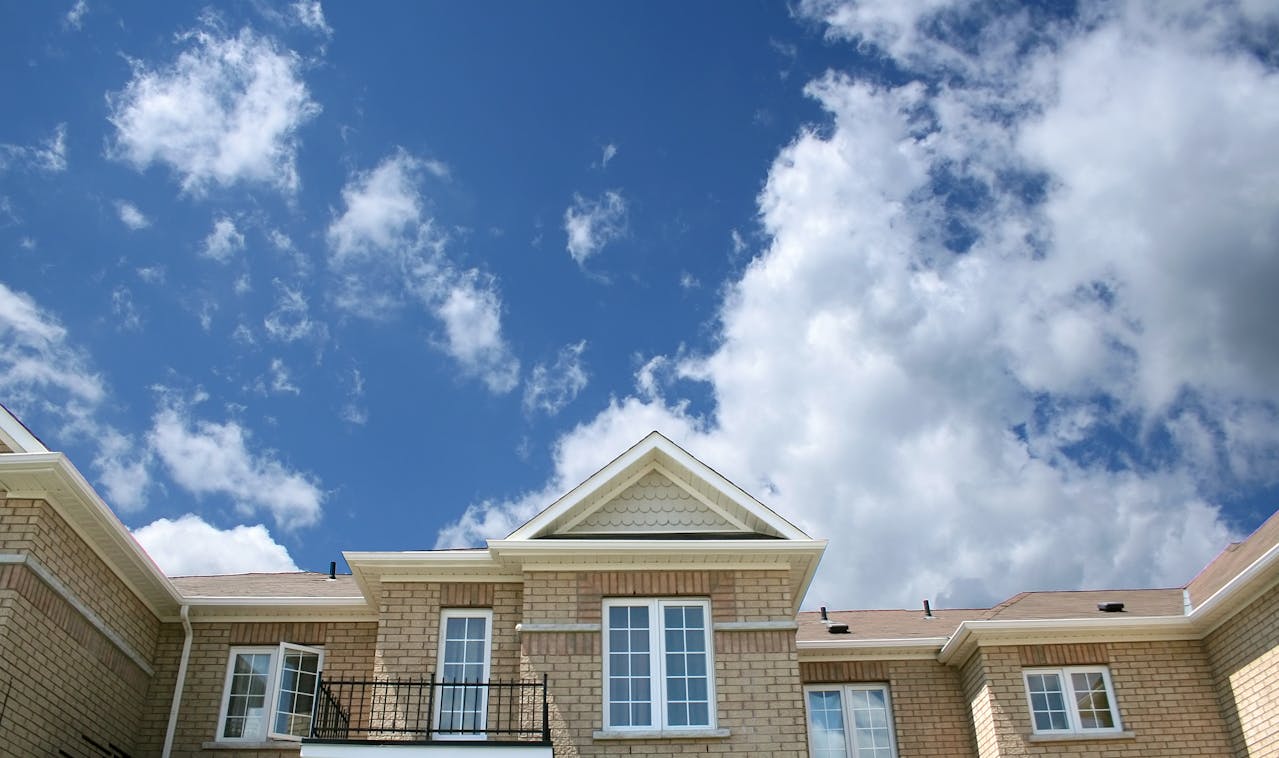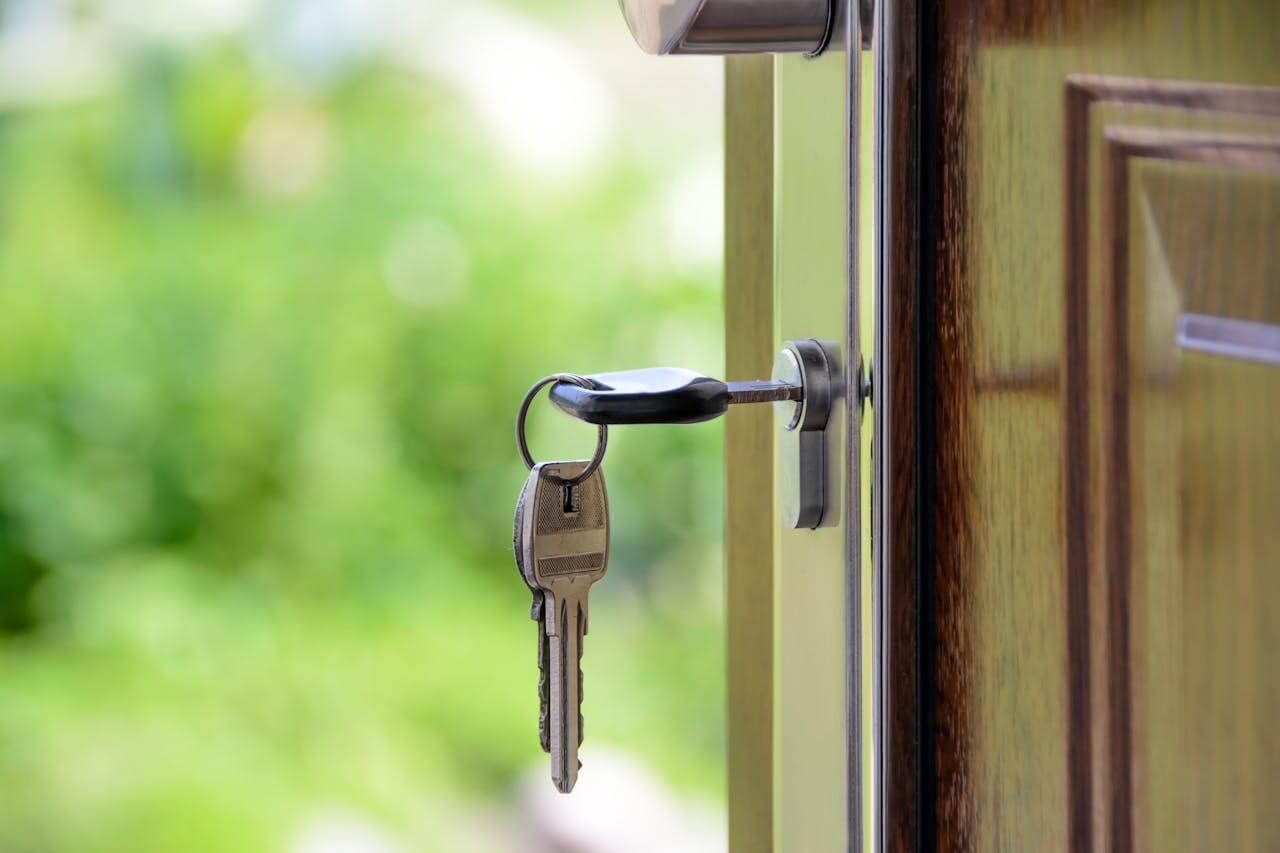
What is a Senior Stretch Loan?
A senior stretch loan can help you purchase a property …
Yes, you might want to look at paying off your mortgage in full, because it means that you will end up owning the property 100% and do not have to pay interest rates to your bank or lender.
When you buy a house through a mortgage, you are essentially taking out a huge loan and paying interest over 5, 10 or 40 years to the bank who are making a profit on the amount they lend out to you. The longer you have your mortgage open, the more interest you are paying overall and you also suffer any hikes in interest rates which can make it more expensive month-on-month or year-on-year.
Hence, some homeowners opt to make ‘overpayments’ on their mortgage, where they pay above their monthly requirement, to try clear out the debt and get as close to paying off the mortgage in full.
If you do not pay off your mortgage in full, there is nothing wrong with this and a lot of the UK population carrying on living this way.
It just means that you will pay more interest overall, because the longer the loan term, the more interest that is building up.
It means that you may suffer if there are hikes in interest rates (which has happened consistently in the UK for the last few years) and rather than paying 3% per month, this could be 4%, 5% or 6%.
Thus, you may need to look at getting a remortgage or new mortgage deal every few years to try stay on top of the best rates in the market.
Yes, you can die even if your mortgage has not been paid off. However much is left on the loan, whether it is 10% or 50% is just passed onto your executors or estate to make the ongoing repayments. If you die, the bank or lender may even give your beneficiaries a 6-month or 12-month holiday to give them some time to stay on top of payments.
In addition, your beneficiaries or next of kin could sell your property and recover any equity and money in the property as inheritance.

A senior stretch loan can help you purchase a property …

A mortgage offer officially lasts for 3-6 months depending on …

If you have purchased a car through a dealership using …